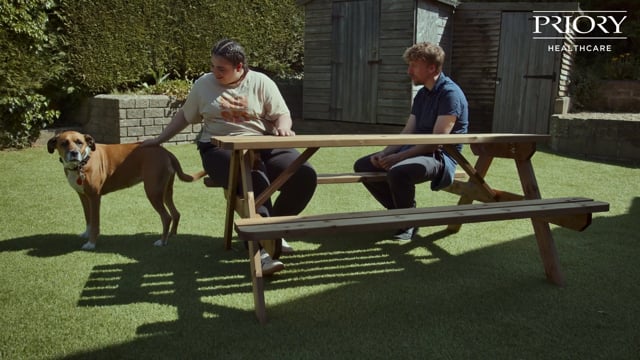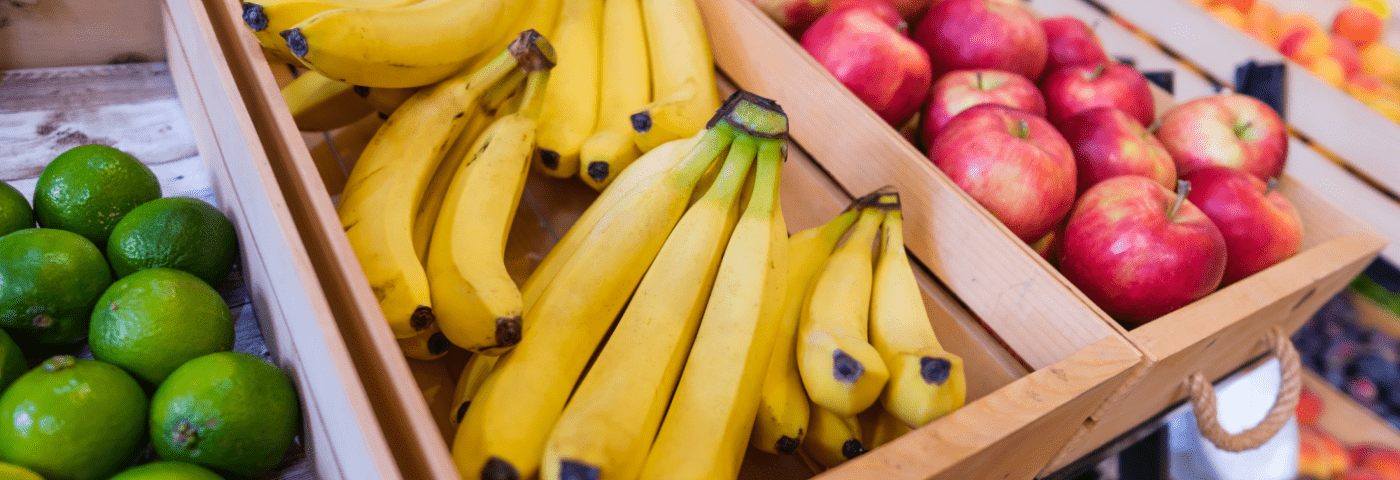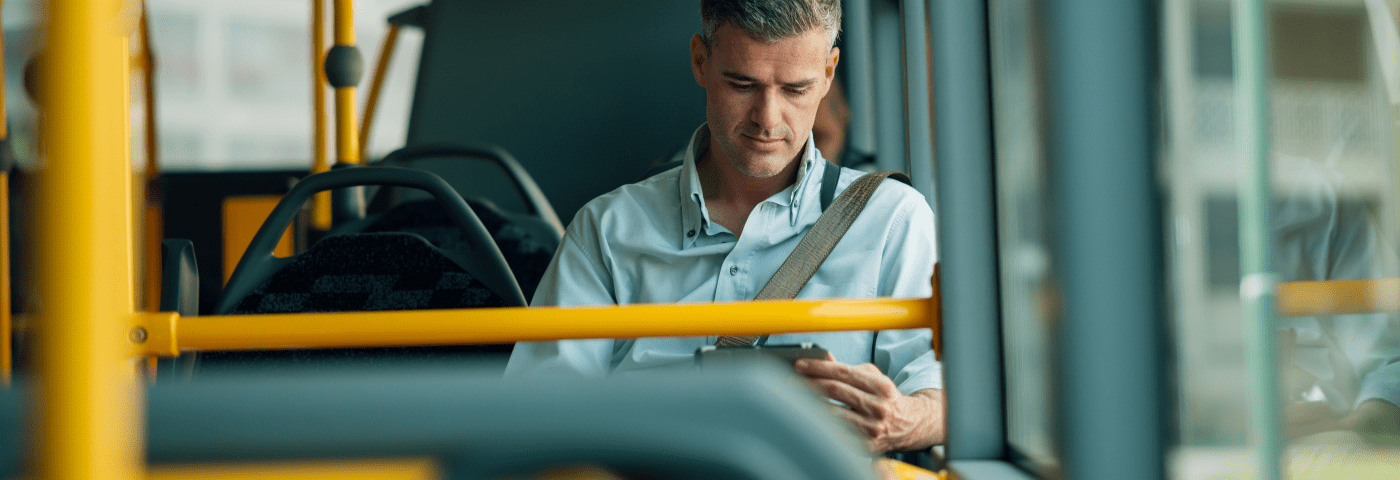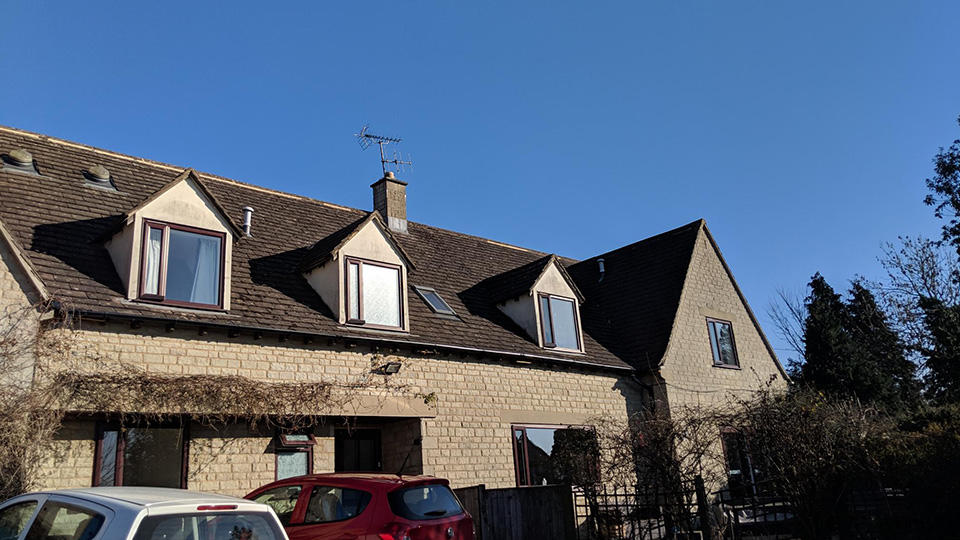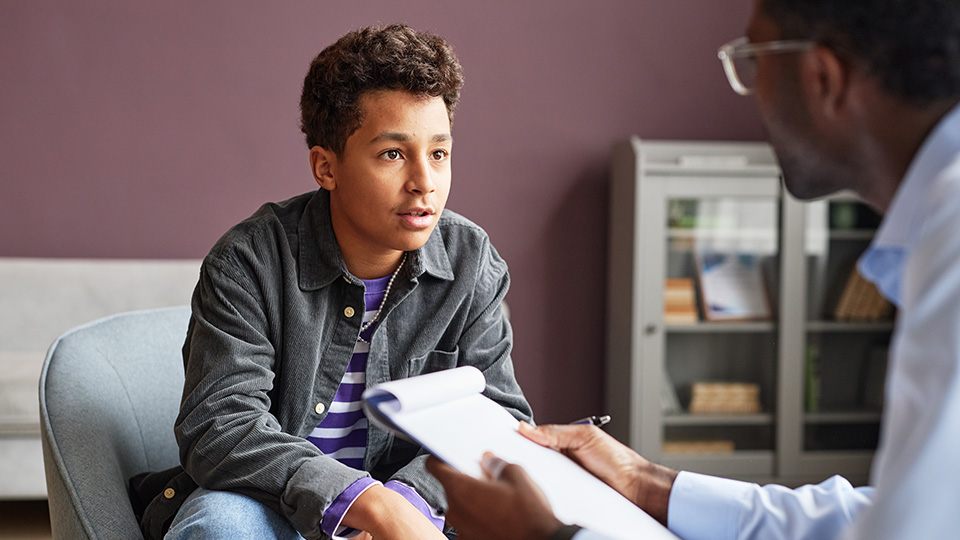About this location
Located in the village of Bussage, in Gloucestershire, Priory Newcombe Lodge is 7-bedded transitional recovery service for females aged between 13 and 18. This provision is part of Priory’s transitional living services for young people and young adults, offering individuals the best possible care in their recovery journey.
Newcombe Lodge is a large detached house, which offers a viable alternative to a hospital and also acts as a pathway/step-down from tier 4 children's mental health services. It achieves this through a high ratio of care, which enables a robust and proactive approach to risk management, whilst supporting people to engage with meaningful activity in the community.
Services at a glance
Click here to enable this content
Services
Our transitional living services support people with complex mental health needs, risk taking behaviours or eating disorders.
Ward break down
- Newcombe Lodge – 7-bedded residential home for females
Conditions treated
We are able to support young people with:
- Autism
- Acute mental health needs
- Personality disorders
- Depression
- Anxiety
- Self-harm
- Physical disabilities
- Post-traumatic stress disorder (PTSD)
Treatment approaches
At Priory Newcombe Lodge, we offer an individualised, person-centred approach to every young person we support, ensuring that all therapy is individually tailored. We are currently rated ‘good’ by the Care Quality Commission (CQC) and Ofsted.
Our key aim at Newcombe Lodge is to reduce risks for the people we support, and enable a successful transition into semi-independent living, wherever possible. Children and young people can stay at Newcombe Lodge until their 19th birthday.
Our assessment and treatment options are overseen by a full and diverse multidisciplinary team (MDT).
Our team
Our team consists of:
- Registered manager
- Deputy manager/referral manager
- Senior care co-ordinator
- Senior therapeutic care staff/case managers
- Therapeutic care staff
- Waking night support staff
- Home co-ordinator
- Consultant psychiatrist
- Clinical psychologist
- Systemic family therapist
- Psychotherapist
- Maintenance officer
Therapeutic and community-based activities
We aim to support young people with a range of therapeutic and community-based activities as part of a full treatment programme. Our aim is to help each patient to become more confident and independent, preparing them to move through their treatment pathway towards community living.
Our facilities and environment
We believe that the environment in which treatment takes place is just as important as the treatment itself, when it comes to supporting our patients. We provide:
Our large garden is located at the bottom of the driveway. We also have a patio area, with a gazebo, leading to the lounge.
Our bedrooms
All of our bedrooms are single-occupancy and young people are encouraged to personalise their bedrooms while they are staying with us. We have seven bedrooms and five bathrooms, in total.
Exclusion profile
- Young people with an eating disorder
- Young people with an acute learning disability
- Young people exhibiting extreme violence or fire-setting behaviour
Pathways
A message from our site leader

Newcombe Lodge is a specialist young person’s home that works with complex young people in a caring and family orientated environment. The home has, over a number of years, developed great outcomes for children from psychiatric or secure backgrounds, returning them to their family homes or semi-independent living
– Newcombe Lodge site leader
Comments from our patients and their family and friends
Before I came to Newcombe Lodge, I had spent a significant amount of time in psychiatric inpatient settings. In these units, I was not able to do any significant psychological work to face my emotional issues. I felt numb not only because of my mental illness but because of the lack of stimulation. Newcombe Lodge offers a range of therapy and occupational work. I undertook long-term CAT which had never been offered to me before. It helped me begin to understand my perceptions of everything around me. I was also able to meet with my OT weekly who helped me to engage and manage activities outside of the home, including volunteering and having a part-time job. With this support, I applied for university and Newcombe Lodge helped me through the application process and the exam period. Without this strong support network, I would not have been able to do as well as I did in my A levels and I now have a place at King’s College London
Information for family and friends
How do home visits work?
We support our residents to attend family events and visit home. We will work with the person and their relatives to ensure possible risks are managed and everyone is supported.
What is your visitation policy?
We have an open door policy, and family and friends are welcome to visit and participate in activities at the service. Unfortunately, we cannot cater for visitors to stay overnight. However, there is accommodation available locally within Stroud, should family members wish to stay nearby.
Will I be involved and kept up to date with my loved one’s care and wellbeing?
Yes, we make every effort to keep the loved ones of the young people staying with us involved in their care. Our young people will have an appointed case manager, who will keep in regular contact with the young person’s guardians. All guardians are invited to attend more substantial meetings, such as looked after child reviews.
Will my loved one be able to have a phone or call me?
Our home has incoming phone lines, and there are cordless phones at various points around the property, which can be used by our young people at any time. In addition, we can support the people staying with us to get their own mobile phone, where appropriate.
What type of things are families expected to provide, and what is provided by the home?
We provide all furnishings and food on-site. We also provide toiletries and room items, such as additional décor and television sets. The young people staying with us are given pocket money and a budget that can cover clothing, however, they are expected to provide some clothing themselves.
What are the bedrooms like?
All of our bedrooms are furnished, and the young people staying with us are supported to personalise them to suit their needs and wishes. However, some of the furniture has been purchased to suit the needs of the service specification and some of it is fitted, and therefore cannot be removed. Every bedroom has a bed, bedding and basic furniture such as a chest of drawers or wardrobe, and bedside table.
Are external doors kept locked?
Yes, our external doors are kept locked. However, young people have a front door key - much like they would in a family home.
What do service users eat and how do meal times work?
We have a cook who prepares meals three times a day, and snacks are available at all times. Young people are encouraged to participate in menu meetings and have their own cupboards within the kitchen for their own personal food items.
How does laundry work?
There are laundry facilities in the home. Young people are encouraged to do their own laundry, but can be supported when required.
Is there anything they can’t bring or have?
We may place restrictions on some items where the risks cannot be appropriately managed. For example, scissors, medications and razors may be banned from the home. Any restrictions will be reviewed and undertaken on admission.
Are pets allowed?
Patients are allowed to have their pets come to visit them, by prior arrangement.
How do activities work?
Every young person has a tailored activities planner. Our dedicated activities co-ordinator organises a variety of activities, with input from the people staying with us. This includes both in-house activities as well as visits into the community.
Do service users and families have an input into the service user’s care plans?
We work with social workers, family members and our young people to develop care plans that are in their best interests. We use a variety of communication tools and work with health professionals to help each person have a say about every aspect of their care. Care plans are regularly reviewed, and family members will be asked for their input.
What are the car parking facilities?
We have a free car park on-site, which is open 24 hours a day, 7 days a week. There is also further parking located on the nearby road at the side of the home.
What is the smoking policy? Can service users buy cigarettes?
Residents can smoke by the designated smoking area in the back garden, which has a shelter. We don’t permit smoking inside the building, and this includes vapes. As most residents are under 18, we do not encourage or facilitate the purchase of cigarettes.
How is treatment accessed and funded?
We don’t take referrals directly from individuals and families. Instead, the first step will be for you to reach out to the person’s GP so that they can be referred and funded through the correct NHS channel. Depending on the type of support needed, this could include local authority funding, NHS funding, joint funding between the local authority and NHS, or direct payments. Please note, referrals for NHS or local authority funded services must come from a referring organisation.
How to make a referral
Our customer service centre provides 24/7 support for NHS mental health enquiries and referrals. Our customer referral co-ordinators can support you from your first call right through to the enquiry conclusion, providing updates throughout the process. We offer 24/7 crisis referrals, fast access to bed availability and placements, and a single access point for end-to-end enquiry management.













